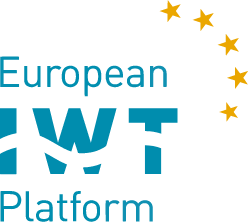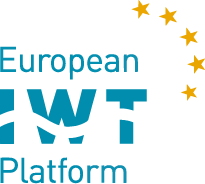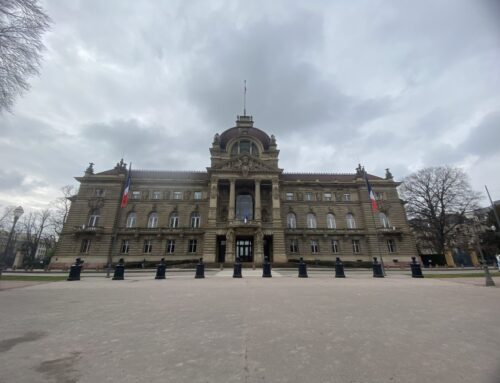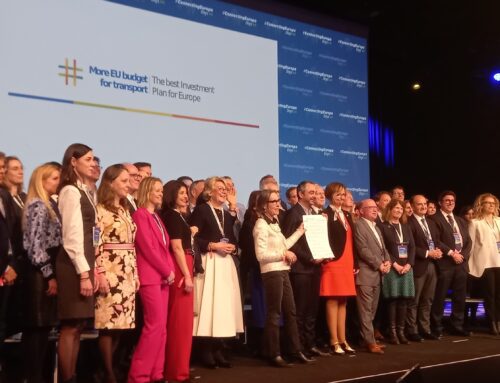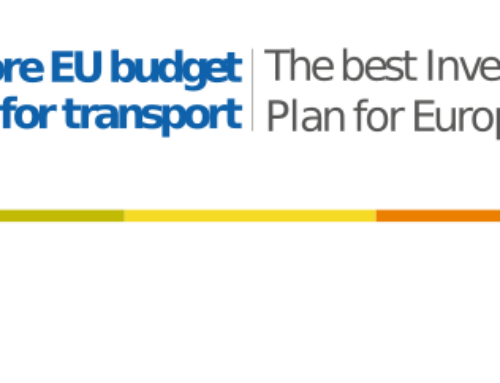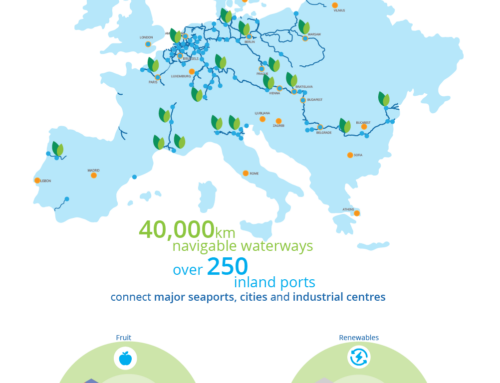Inland waterway transport along the Rhine has been an essential part of Europe’s logistics framework for decades. However, the recent challenges posed by low water events have prompted the Central Commission for the Navigation of the Rhine (CCNR) to continuously reassess and update its strategies. The publication of the third edition of the “Act now!” reflection paper marks an important milestone in our ongoing efforts to address the challenges of low water. This edition builds on the results of workshops held in 2019 and 2023 and provides a fresh perspective on the evolving situation of navigation on the Rhine.
In November 2019, the CCNR convened a workshop on low water and its impact on Rhine navigation, which resulted in the first edition of the “Act now!” reflection paper. Recognising the dynamic nature of the challenges, a second edition was published in 2021, accompanied by an inventory of projects aimed at addressing low water-related issues. The journey continued on 18 January 2023 with a follow-up expert workshop dedicated exclusively to “Low water and its impact on Rhine navigation”.
During the workshop, the European Barge Union (EBU) represented by Theresia Hacksteiner, Secretary General, shared the sector’s perspectives and expectations. This joint engagement confirmed the industry’s position on the need for increased dialogue between key stakeholders.
The third edition of “Act now!” reflects the latest findings and developments in the field of Rhine navigation. This edition focuses on the low water event of 2023 and offers a comprehensive analysis. There are also updates on :
- Digital tools: Improving water level forecasting tools and developing digital twins of waterways to suggest alternative river routes during low water conditions.
- Infrastructure: Initiatives in Germany and the Netherlands to improve infrastructure and remove bottlenecks in the Middle Rhine.
- Vessel adaptation: Investment in innovative vessels capable of operating in low water conditions, supported by public funding.
- Actions at the shipper and logistics level: Strategies such as long-term charter contracts and optimised transhipment to cope with periods of low water.
The need for greater dialogue and cross-border cooperation is paramount in addressing low water conditions. There is no one-size-fits-all solution, and cooperation between the private and public sectors is crucial. To foster these discussions, the CCNR will continue to organise “Low Water Talks” in the coming years.
